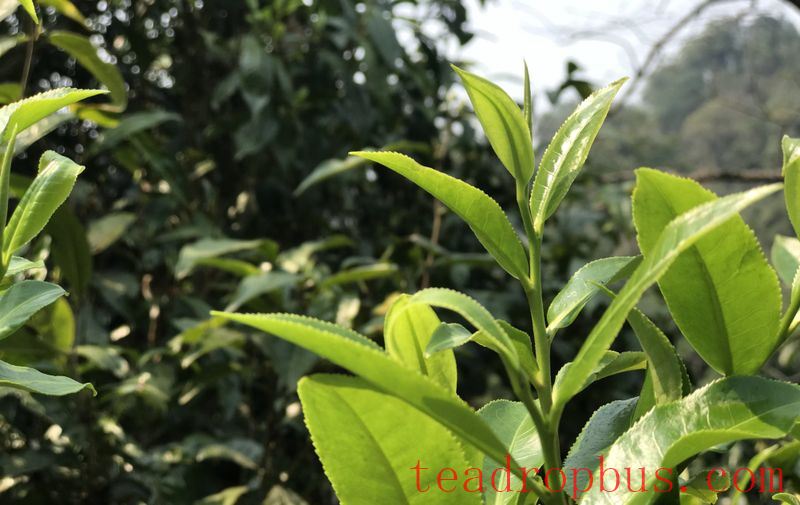In modern times, the Tea industry has clear job divisions, with many specialized titles for different professions. For example, there are “Tea Makers,” who master tea production techniques; “Tea Appraisers,” who can evaluate the quality and characteristics of finished tea products through sensory assessment; and “Tea Preparers,” who can effectively control the concentration and nature of the tea infusion…
There were also tea-related titles and designations in ancient times.

Tea Person: A tea person is someone with a certain level of knowledge about tea and who is proficient in tea rituals. Their understanding of tea goes beyond just tea cultivation, tea preparation skills, and tea appreciation insights. It also includes using tea as a medium for personal cultivation and embodying tea's essence in their way of life.
Tea Artisan: Someone skilled in preparing tea.
Tea Carrier: Laborers tasked with delivering tribute tea.
Tea Soldier: In the Ming and Qing dynasties, soldiers assigned to tea-related duties at local government offices.
Tea Monk: Monks skilled in tea making and tea service.
Tea Vendor: A colloquial term for small vendors who collected tea from farmers in mountainous areas.
Tea Army: An army composed of tea merchants, traders, and hired workers.
Tea Laborer: Labor related to tea work, also known as “tea room” or servants in teahouses.
Tea Bandit: In late Tang Dynasty, bandits who pretended to be tea merchants or operated as half-merchants and half-thieves. This was a derogatory term used by feudal rulers to refer to rebelling tea farmers and traders.
Tea Farmer: Farmers or households engaged in tea cultivation.
Tea Worker: Workers involved in tea picking and processing.
Tea Master: A master tea maker.
If there are any copyright issues, please contact us to remove the content.